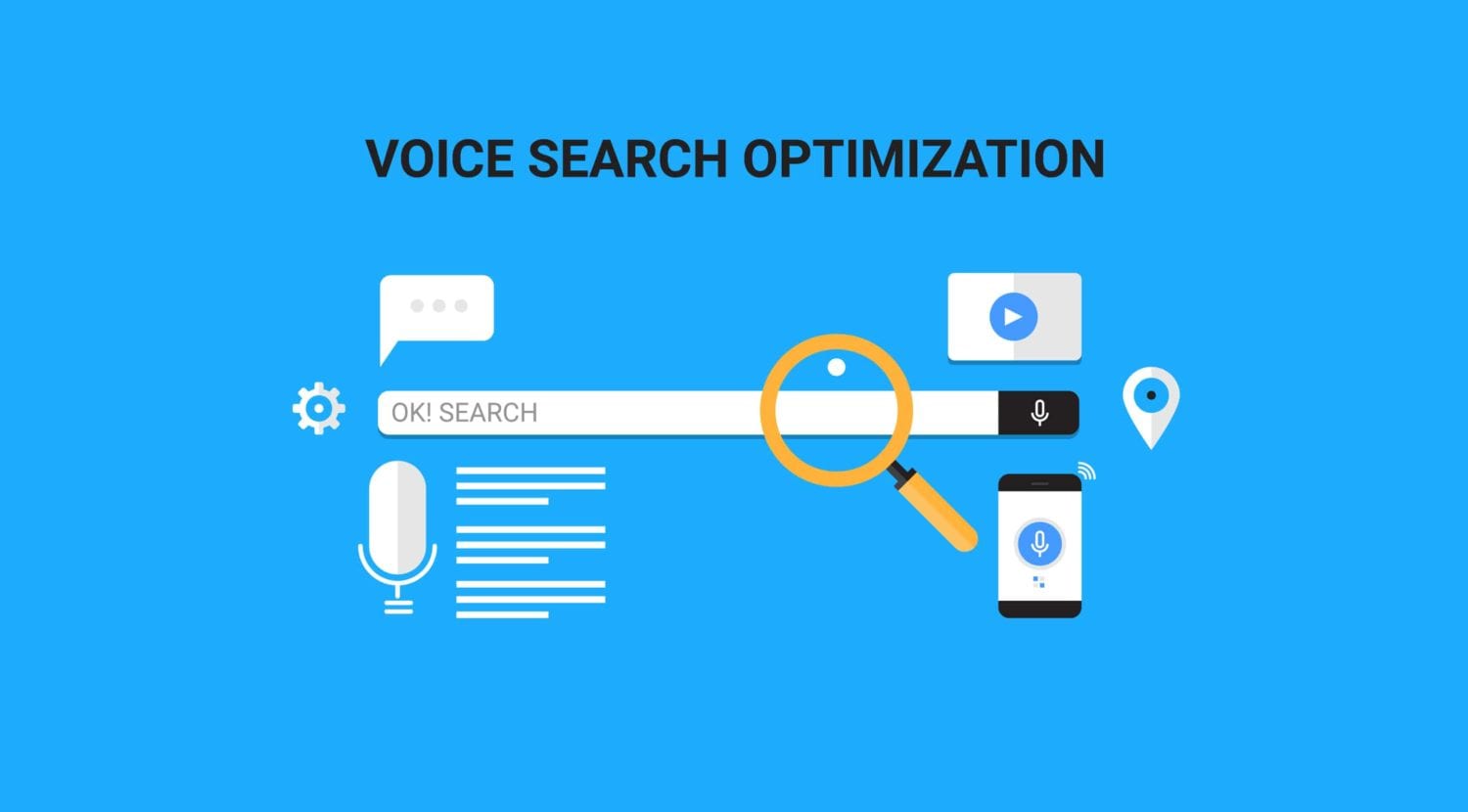
If you own a campground or RV park in the United States or Canada and you want to go beyond social posting, then it may be time to ask yourself:
Are you marketing on social media with hashtags effectively?
A well-placed campground hashtag could make the difference between being busy with a bunch of happy campers or sitting around the lonely campfire and hoping more guests will come.
What is a hashtag?
A hashtag is essentially just an audience-created index marker that becomes popular among a group of people. Think of it as an insider’s search tool that boosts campground marketing. A hashtag is a category organizer that helps like-minded people find what they’re looking for.
Let’s say, for example, that you were reading through a bunch of posts on Twitter, and you’re looking for posts on a particular topic. Now you could type what you’re looking for into the search bar like “campground” without a hashtag, and you’ll see mixed search results of things you wanted to find along with random posts that have little to do with your search term. It’s not as relevant as we’d like it to be.
Now if you instead type a popular hashtag about campgrounds into the search bar, like #Camping, look at how different your search results are! Instantly, you have a list of posts made by people who “tagged” their post with #camping. These are all posts directly related to great camping experiences. Adding the hashtag lets everyone else who’s an avid camper find great spots to venture to.
Like this, a hashtag creates a kind of online theme club for its subject that brings people together to discuss those specific topics.
Where are they the most effective?
Include hashtags in posts related to a specific event, holiday, location or popular topic. You don’t need a hashtag in every post, but you should try to include a relevant hashtag in your most-important posts when you advertise special rates you’re offering or something new.
Don’t use any hashtag you find that remotely relates to camping though. You will look spammy, and people will avoid you on social media. Every post where you use a hashtag needs to have an obvious, direct connection to the other posts online with that same hashtag.
How many hashtags is too much?
More than three hashtags in a tweet are overkill. Don’t do it.
On Instagram or Facebook, you could use up to five hashtags. Look around at other popular posts and see how many hashtags they use. Try not to use more than they do because it makes you look less “authentic” and too much like an over-advertiser.
How can you start using them?
Many experts agree that it’s better to approach social media from a listening perspective. Respond to others online more than you post about yourself if you really want to grow your audience.
Follow other campgrounds and people who blog about camping, hiking or driving across the country in a van. Look at each campground hashtag they’re using. Pick the ones you see often that relate to your campground and join in on those specific conversations.
Your campground hashtag can also become a theme for your posts. People like to see consistency in your feed. When you find a hashtag that people engage with, then you want to keep using it regularly to continue that momentum and keep attracting the right people. You don’t want to confuse people on what you’re about by using a bunch of unrelated hashtags or trying out new ones all the time.
Most of all, always research your hashtags before using them to make sure you understand what they mean to most people. Just type in the hashtag you want to use in the search bar first and see what comes up. People create new ones all the time, and some may be associated with things that you don’t want to become associated with. If you see a list of posts in your search that exactly matches the topic you want to post about, then that’s a good hashtag to use.
Use local hashtags. Add tags like #California, #NYC or #LosAngeles to your posts if you’re near them, for example. It helps you connect with your community.
Use seasonal hashtags. You can hashtag words like #summer, #winter, #spring, and #fall to attract loads of views during these times. Seasonal activities are also great to tap into with the right hashtags. If you were having an Easter egg hunt at your campground, then you could use hashtags like #Easter or #BunnyHunt, for example. If you have a special Christmas-themed decoration set up at your campground, take a photo of it and post it with #Christmas.
Reverse engineer keyword hashtagging to see which of your keywords will work best. You can do it this way:
Everyone who’s ever stayed at your campground has given you contact details, so use them. Instead of spamming them, just ask them for feedback about their stay and give them a little discount or freebie on their next stay if they fill out the feedback form and follow you on social media. Then once you connect with some of them on social media, you need to look at their tweets and the tweets of those they follow. Which of the hashtags that you see popping up often have a tie-in opportunity for your campground?
For example, if they’re using hashtags with words like #vacation or #FamilyTime, then you can use one of those in combination with a post or tweet about your business. You might want to try something like, “We’ve just upgraded our campground so that you have more to look forward to on your next #SpringBreak #Vacation.” That’s an indirect, but natural, approach to creating a campground hashtag that’s more likely to get a response. Then you insert a link to photos of your new facilities.
You can read more about our tips for social media monitoring to help you get into the mentality behind using a campground hashtag. We’ve got more ideas to help you with campground marketing at our Insider Perks blog.




